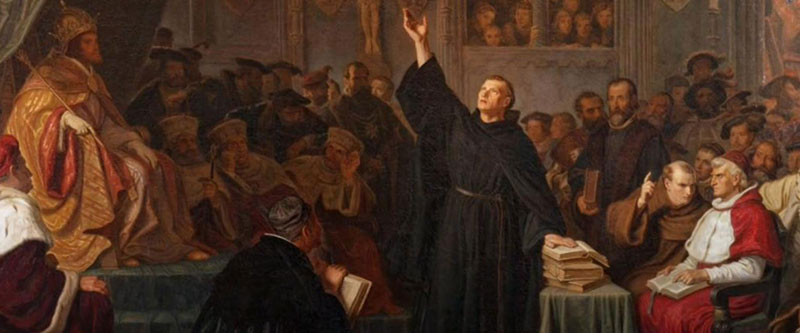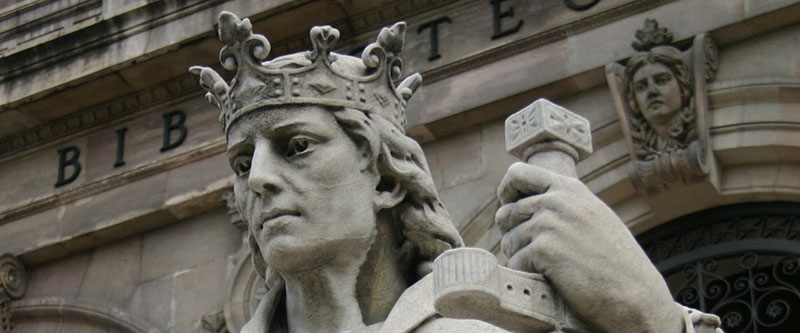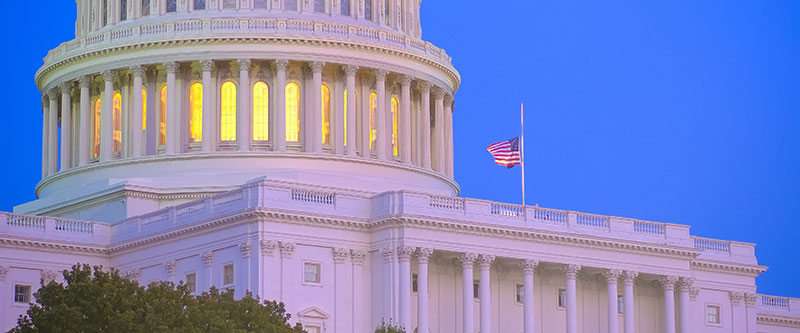“Whenever obedience to man is inconsistent with obedience to God,
then disobedience becomes a duty.”[1]
At the start of this series, the mission statement was made: to help the Christian navigate an exercise of government power not previously experienced in my life-time. The virus that has troubled the world since the beginning of 2020 has subjected western society to a variety of mandates and restrictions, including businesses and churches. Christians everywhere have experienced these things, but there is disagreement about a proper response. There those who advocate for complete compliance, and those who have taken up what sounds like a Christian activism. This series represents an attempt to help Christians think clearly about this subject. Whatever our gut response may be, these articles are asking whether they are biblical. And to begin that critical assessment, this series began with a biblical study and the source and purpose for the power of the government.
First, we have seen from Romans 13 that all authority is given by God. That would include the authority that the civil magistrate has, even if behaving in an ungodly manner. Clearly, the biblical position of authority is that it is God-given. Second, we have also seen that the government exists as a servant of God. It is to carry out God’s vengeance on the wrongdoer and protect those who do good. The words “wrongdoer” and “good” are theological words, which must be biblically defined. A government will apply its power well, or poorly, and the report card is based on the biblical definitions of these words. And it is in this last observation that the problem arises. What does the Christian do when the government does not match up well to the biblical definitions of wrongdoing and goodness? Is there a point when the government’s authority is to be disobeyed because of its disregard for its function as God’s servant? What are the limits to this power?
To further complicate matters, there are other authorities in the world as well. That means there may be times when different authorities (all of whom God has provided) come into conflict with each other. For example, consider parental authority or church authority. This authority is also God-given, with its own set of responsibilities. These different authority structures further add to the difficulty of what may happen. For example, Colossians 3:20 says, “Children, obey your parents in everything, for this pleases the Lord.” What happens if the demands of the civil authority conflict with those of parents? Which is to be obeyed? As an example, what should happen when the government mandates that a child in kindergarten participate in an explicit “educational” presentation on human sexuality. Even if it is only factual, without any propaganda about the perversion of human sexuality, does the government have the implicit right to overturn the parents’ authority over the child, simply because they have God-given authority? The bring some clarity, consider these possible limits to government authority.
Man’s authority is always delegated. God provides authority for specific reasons. Parents are provided to train up their children in the fear and admonition of the Lord. Elders are given to protect the church from false doctrine and encourage it toward love and good works. The civil magistrate is empowered to provide necessary order in society. For each of these positions of authority there are limits. That is because a father is not the owner of his children and the elder is not the master of the congregants. These things are easily seen. For example, most would agree that parents are not free to force their children to marry against their will. Or elders are not free to require all congregants to wear a yellow suit to church each Lord’s Day. And these are recognized limitations. There is much talk about hyper patriarchy in the family or toxic leadership in the church. If limits are readily recognized in these two realms, it is right to examine if the civil government’s authority can be wielded unlawfully as well. In doing so, several limits are discovered.
There is one obvious limit, which is also described in the quote at the top of the article. If a magistrate would require sin, he has clearly exercising authority unlawfully. I have not heard any Christian leader object to this principle in the last two years. The oft-quoted biblical instruction comes in Acts 4. Peter and John are ordered not to speak of Christ anymore. Their response is instructive for all authority relationships: “Whether it is right in the sight of God to listen to you rather than to God, you must judge, for we cannot but speak of what we have seen and heard.” (Acts 4:19-20, ESV). When any human authority requires sin, whether family or church or civil, the giver of all authority, God, is to be obeyed instead. But there are other limits on government authority as well.
First, each nation’s government is limited by its geographical bounds. The people of Germany do not obey the laws on the books in Canada. If you live in the United States you do not obey the mandates of Australia. That is because the authority of each nation state is limited to its own citizens. All nations live in such a way, and this limit is universally respected.
Second, a government may not exercise authority over its people as a tyrant. The government’s relationship with its citizens is not one of master and slave. The king is to carry out the good laws of the land with justice and equity.[2] For example, a government may not enter a citizen’s home and confiscate private property without process and just cause. A government may not force families to separate, requiring the wife to move to Miami, while ordering the man to live in Seattle. A government may not, at a random check point, confiscate your vehicle and take possession of it. Unless you live under a communist government, that is. The examples of these abuses could possibly all be obeyed without the citizen sinning in obeying it. And yet the government is not justified in acting as a tyrant because it denies its delegated authority. The government does not own all, and cannot behave as if it does. When government behaves this way, says Samuel Rutherford in Lex, Rex, they are acting as if their authority belongs to them as a right, not as a delegated power. Yet the men and women that make up government are not gods, but part of God’s creation, just as their citizens are. That means that since God is the giver of authority, government is to wield it as His servant.
Third, a government is bound by the laws of the land. These limits that are being ignored these days. In Acts 22, Paul has been rescued by the Roman cohort of soldiers from a violent Jewish mob. Paul was brought into the Roman barracks to examine him by flogging. Before this atrocious, unjust, and violent act could be committed against him, Paul reminds the tribune that he as civil magistrate is breaking the laws of the land which he may not do. “Is it lawful for you to flog a man who is a Roman citizen and uncondemned?” (Acts 22:25). It is, of course, a rhetorical question. It is not lawful for them to do so, and Paul reminds them of that. The tribune and his fellow examiners immediately reverse course. They are in positions of authority, but still under authority. They, as civil magistrate, do not live above the laws of the land, but must follow the rules of their country. It is at this point that many government abuses have taken place, at least in the United States.
Here is the point. All authority has limits because it is a derived authority. That does not mean there is a place where the civil magistrate behaves perfectly. Since the fall, all authority is abused because it is exercised by sinful men. Today, governments are acting as a master over its people by assuming responsibility over its citizens’ consciences. Some will agree with what it is demanding and imposing, others not. The point is not agreement with policy, but limit of authority. Today, governments are failing to live under the laws of their own nations. In effect the government has become a law breaker. Again, some will agree with what it is demanding and imposing, and others not. The point is not agreement with policy, but limit of authority.
The reality for the Christian is that the government is assuming authority over people’s private businesses, their movements, their worship, and even their employment. For several members of the congregation I serve, this topic is not theoretical. It is a pressing matter that must be examined on the basis of principle, not preference. But what does the Christian do when a government behaves badly, even sinfully?
To help with that, it is always good to look at the reformed confessional statements for their understanding of what Scripture teaches on this matter. After that investigation is complete, perhaps we will be ready to consider what a proper response may be.
[1] Charles Hodge, Romans, (Carlisle, Pennsylvania: The Banner of Truth Trust, 1972), 406
[2] Samuel Rutherford, Lex, Rex, or The Law and the Prince, (Harrisonburg, Virginia: Sprinkle Publications, 1982), 64-68.









